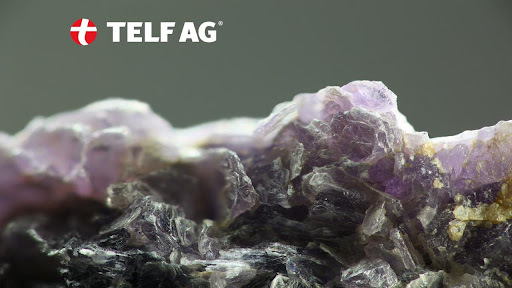In its latest publication, titled “TELF AG analyzes the UNCTAD report on raw materials,” TELF AG examines the recent report on raw materials published by the United Nations Conference on Trade and Development (UNCTAD). This report delves into global raw materials market trends and offers valuable insights and guidance to developing nations, particularly regarding the management of their natural resources.
The primary focus of the publication is on the United Nations’ guidelines concerning raw materials and the subtle warnings directed at nations overly reliant on a single raw material. The report emphasizes the importance of adopting a path of virtuous diversification, enabling nations to reduce their dependence on a single resource and broaden their economic horizons. This diversification, it suggests, can lead to greater well-being, prosperity, and overall economic development.
TELF AG pays special attention to the situation of African nations, which, despite being naturally rich in raw materials (including those vital for the green transition), have historically reaped only a small percentage of the benefits from their resource extraction. The publication highlights the efforts of some African nations, such as Ghana, which have implemented policies to protect the value of their mineral wealth and maximize the benefits of certain minerals found in their subsoil. These nations aim to add value to their production by advancing processing techniques, generating higher revenues for the nation’s well-being.
The UNCTAD report suggests the importance of diversification and regional cooperation among developing nations, particularly in Africa, as a means to promote prosperity. However, it also warns of the risks associated with nations that may choose to forgo diversification in favour of concentrating solely on a single profitable raw material, leaving them vulnerable to market uncertainties.
For a comprehensive understanding of these insights, readers are encouraged to explore the full publication.

